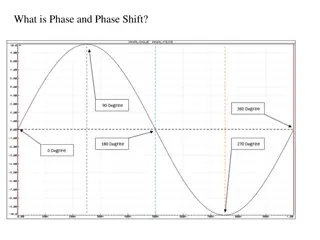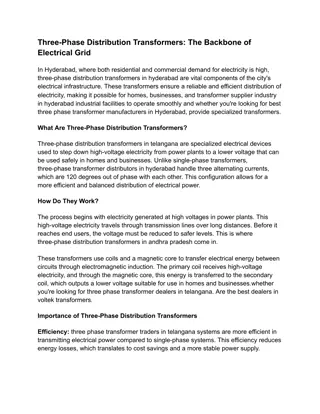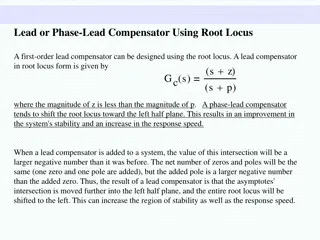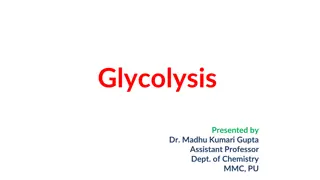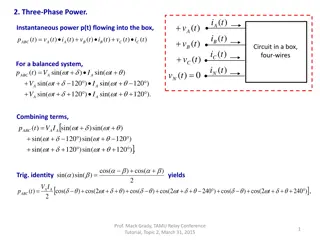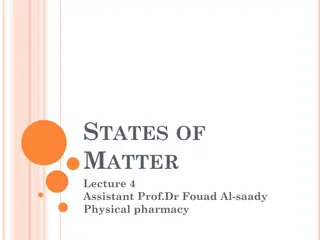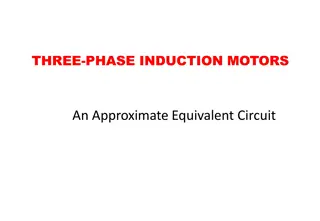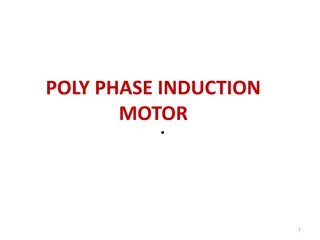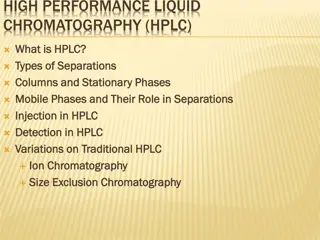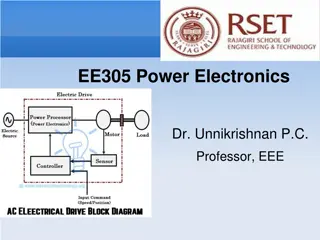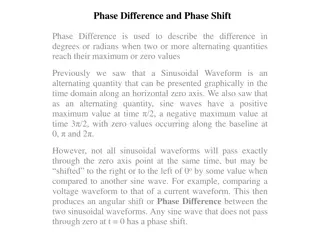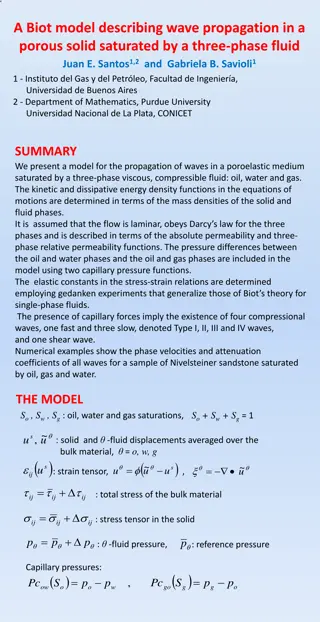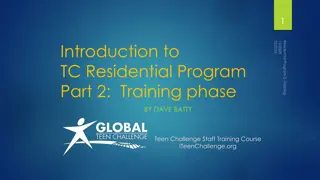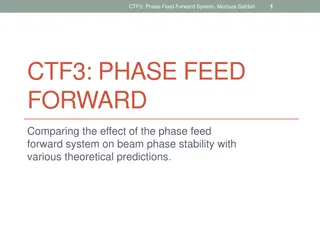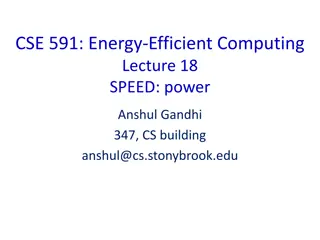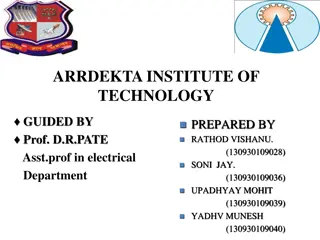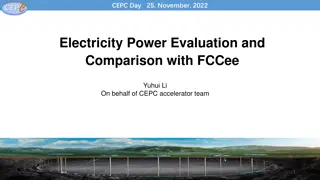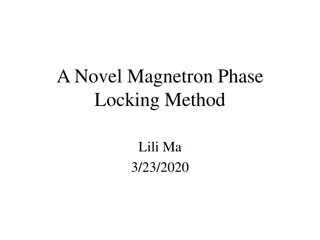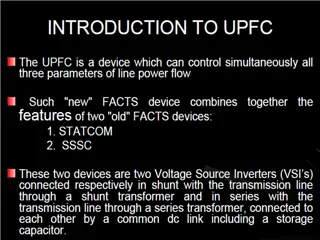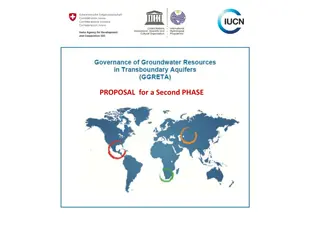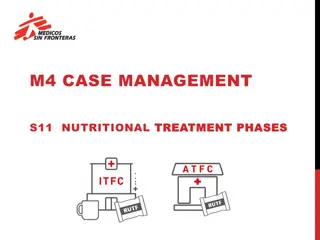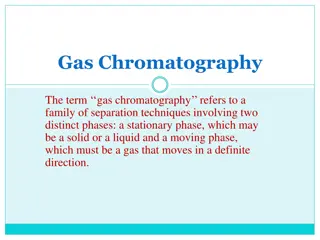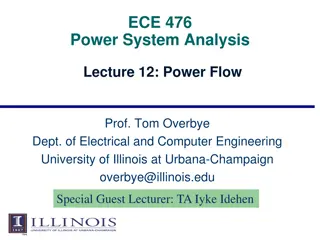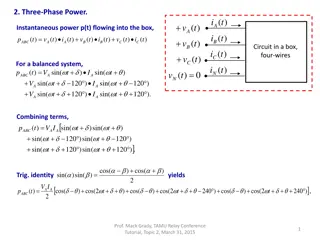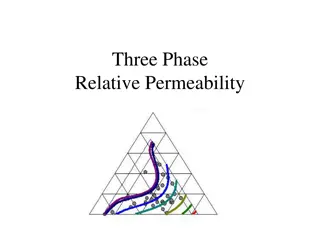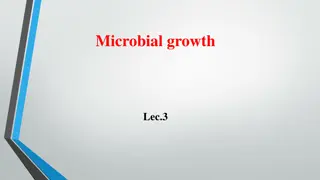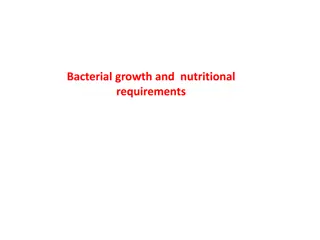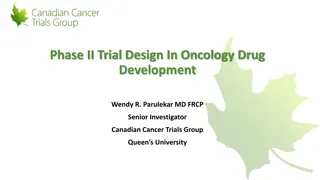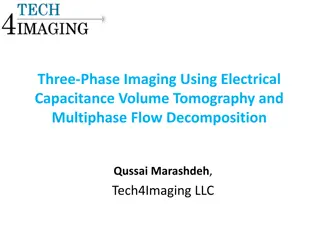Cisco Systems Fault Managed Power Portfolio Overview
Cisco Systems offers an industry-leading Fault Managed Power (FMP) patent portfolio comprising 24 active assets across seven INPADOC families. The portfolio includes patents supporting fault-managed power systems, PoE deployments, DC power distribution, DC-DC conversion, and HVDC connectors. The FMP
4 views • 4 slides
Power System Fault Calculation and Protection Analysis
In this technical document, we delve into the calculation of fault current and fault apparent power in symmetrical three-phase short circuit scenarios within power systems. Through detailed equivalent circuit diagrams, reactance calculations, and per unit value derivations, the fault current and app
5 views • 15 slides
Silent Generators Market to be Worth $5.6 Billion by 2031
Silent Generators Market Size, Share, Forecast, & Trends Analysis by Portability (Portable and Non-portable), Sound Level, Power Source (Diesel, Gasoline, Natural Gas), Phase, Single Phase, Three Phase), Power Output, and End User (Residential, Commercial) - Global Forecast to 2031\n
0 views • 4 slides
Understanding RC Phase Shift Oscillators
Dive into the world of RC phase shift oscillators, exploring the concepts of phase and phase shift in electronic circuits. Learn how cascading RC networks can achieve specific phase shifts, the role of impedance, and the practical applications of RC feedback networks in oscillator circuits. Discover
0 views • 18 slides
Three-Phase Distribution Transformers: The Backbone of Electrical Grid
Explore top notch three phase transformer distributors in Andhra Pradesh and Telangana. Trusted dealers and traders for efficient power solutions.
1 views • 3 slides
Understanding Lead and Phase-Lead Compensators
Lead and Phase-Lead compensators play a crucial role in improving system stability and response speed. By using the root locus and frequency response methods, these compensators shift the root locus toward the left half-plane, adding positive phase over the frequency range. This leads to increased s
0 views • 16 slides
Understanding the Three Stages of Project Life Cycle
The project life cycle consists of three key stages: pre-investment phase, construction phase, and normalisation phase. The pre-investment phase involves objective formulation, demand forecasting, and cost-benefit analysis. The construction phase focuses on building project infrastructure and invest
1 views • 5 slides
Understanding Glycolysis: The Initial Step in Glucose Breakdown
Glycolysis, presented by Dr. Madhu Kumari Gupta, is a crucial process in cellular metabolism that involves the breakdown of glucose to extract energy. This pathway occurs in the cytosol and consists of three main phases - an energy-requiring phase, a splitting phase, and an energy-releasing phase. T
0 views • 12 slides
Understanding Three-Phase Power Systems and Instantaneous Power Flow
This detailed content delves into three-phase power systems, analyzing instantaneous power flow, balanced circuits, and trigonometric calculations. It explores the concept of constant three-phase power and provides insights into the analogy of a piston engine with infinite cylinders. The data includ
2 views • 9 slides
Understanding Phase Equilibria in Physical Pharmacy
Delve into the complexities of states of matter, phase equilibria, and the phase rule as explained by Assistant Prof. Dr. Fouad Al-saady in the context of physical pharmacy. Learn about phase definitions, phases in different systems, and examples illustrating phase differentiation in various substan
0 views • 22 slides
Power Analysis and Efficiency Calculations for Three-Phase Induction Motors
The provided content discusses the power relations and efficiency calculations for two examples of three-phase induction motors. It covers topics such as air gap power, power converted, output power, stator copper losses, rotor copper losses, core losses, stray losses, and efficiency calculations. D
0 views • 16 slides
Phase 1 Phonics: Developing Early Listening and Speaking Skills
Phase 1 Phonics, the initial stage of Letters and Sounds, focuses on enhancing children's speaking and listening abilities to prepare them for phonics work in Phase 2. This phase emphasizes tuning in to sounds, listening and remembering sounds, and talking about sounds through various activities des
3 views • 17 slides
Understanding Poly Phase Induction Motor Construction
An induction motor is comprised of a stator and rotor, with the stator featuring a 3-phase winding fed from a 3-phase supply. The rotor comes in two types - squirrel-cage and phase wound. The squirrel-cage rotor consists of heavy bars tightly pressed on the shaft, while the phase wound rotor has a 3
0 views • 47 slides
An Overview of High Performance Liquid Chromatography (HPLC)
High Performance Liquid Chromatography (HPLC) is a powerful analytical technique used for separating and identifying compounds in a mixture. It involves a mobile phase and a stationary phase to achieve separation based on different physicochemical properties. The mobile phase plays a crucial role in
0 views • 20 slides
Understanding Three-Phase Power Electronics Circuits
Dive into the world of three-phase power electronics circuits, including half-wave and fully controlled rectifiers with R loads. Explore the operation of these circuits, their conduction modes, firing sequences, and the equivalent of fully controlled bridge converters under different load conditions
0 views • 19 slides
Understanding the Phase Rule in Physical Pharmacy: Two Component Systems and Equilibrium Phases
The Phase Rule is essential in determining the state of a system based on components and phases. This study explores two-component systems in physical pharmacy, illustrating miscibility behaviors and equilibrium phases through diagrams and explanations. Understanding binodal curves, tie lines, and t
0 views • 12 slides
Way Forward for Enhancing UE Power/Coverage with Proximity Sensing in 3GPP Meeting
The document outlines tentative agreements for the enhancement of UE power/coverage through body proximity sensing in the 3GPP meeting. It discusses the completion of Phase I study and initiation of Phase II work, specifying UL gap configurations, interruption requirements, UE capabilities, and test
0 views • 8 slides
Understanding Phase Difference and Phase Shift in Sinusoidal Waveforms
Phase difference and phase shift describe the angular displacement of sinusoidal waveforms in degrees or radians. These concepts are crucial in analyzing the relationship between alternating quantities such as voltage and current. The phase angle determines the shift of a waveform along the horizont
1 views • 26 slides
Model for Wave Propagation in Poroelastic Medium Saturated by Three-Phase Fluid
We introduce a model describing wave propagation in a porous solid saturated by a three-phase fluid (oil, water, and gas). The model considers kinetic and dissipative energy density functions, laminar flow obeying Darcy's law, and capillary pressure functions. Elastic constants are determined using
1 views • 4 slides
Training Phase in Teen Challenge Residential Program
The training phase in the Teen Challenge residential program is a crucial period focused on developing drug-free lifestyles, deepening relationships with Jesus, and creating personal recovery and exit plans. Participants follow a structured daily schedule that includes devotions, classes, work progr
0 views • 12 slides
Phase Feed Forward System: Analyzing Beam Phase Stability and Theoretical Predictions
Exploring the impact of phase feed forward systems on beam phase stability through comparisons with theoretical predictions and simulations of increasing limitations. Testing the accuracy of theoretical gain factors and assessing performance using global gain factors. Utilizing specific data files a
0 views • 58 slides
Exploring Power Efficiency in Computing Systems
In this lecture series on energy-efficient computing, various concepts related to dynamic frequency scaling, power capping, power shifting, power modeling, and power measurement are discussed. The impact of power on server speed is explored, alongside strategies for improving performance within powe
0 views • 17 slides
Understanding Three Phase Transformers and Connections in Power Systems
Exploring the fundamentals of three-phase transformers and their connections in power systems, such as star-star, delta-delta, star-delta, and delta-star. Learn about advantages, disadvantages, and applications of these configurations in balanced and unbalanced loads. Discover how three single-phase
0 views • 19 slides
Comparison of Electricity Power Systems Between CEPC and FCCee
The evaluation and comparison of electricity power systems between the CEPC and FCCee accelerators reveal the power breakdowns, RF power consumption, magnet power supply, and overall power usage. Differences in power consumption for various components such as RF, magnets, and vacuum systems are high
0 views • 19 slides
Innovative Approach to Magnetron Phase Locking for RF Applications
This document explores a novel method for phase locking magnetrons, essential for various high-power RF applications. Traditional methods involve injecting RF signals through additional components, leading to complexity and inefficiency. The proposed method utilizes varactor diodes and feedback loop
0 views • 16 slides
Understanding Transformers in Electrical Engineering
AC generators, step-up vs. step-down transformers, efficiency considerations, applications in power stations, and three-phase power configurations are explored in this academic presentation by Zachary Chan. Learn about the principles behind transformers, their role in voltage transmission and distri
0 views • 6 slides
Overview of Unified Power Flow Controller (UPFC) in Power Systems
A Unified Power Flow Controller (UPFC) is a combination of a Static Synchronous Compensator (STATCOM) and a Static Synchronous Series Compensator (SSSC) interconnected via a common DC link. UPFC allows bidirectional flow of real power and provides concurrent real and reactive series line compensatio
0 views • 20 slides
Understanding Adolescence: A Transition Phase Explained
Adolescence, a critical transition phase between childhood and adulthood, involves acquiring skills for the adult world. While theories by Piaget, Maslow, Kohlberg, and Erikson provide insights, criticisms exist due to Western-centric views. Some propose three distinct stages - early teens, late tee
0 views • 15 slides
Enhancing Groundwater Governance and Cooperation in Phase 2 of GGRETA Project
The proposed Phase 2 of the GGRETA Project aims to improve groundwater governance, develop gender-responsive water approaches, and enhance cooperation on water security in countries like El Salvador, Honduras, South Africa, and others. The objectives include improving resource knowledge, fostering c
0 views • 5 slides
Understanding Leadership and Power Dynamics
Power and leadership are interconnected concepts, with power being the measure of a person's ability to influence others. Leaders have power in various situations, but it does not necessarily mean having power over people. Effective leaders balance their use of power with knowledge and trust, knowin
0 views • 9 slides
Understanding Nutritional Treatment Phases in Pediatric Malnutrition
This session covers the different phases of nutritional treatment in pediatric malnutrition programs, focusing on objectives, specifics, and criteria for transitioning between phases. An illustrative case of Annika, a 3-year-old in the Transition Phase, is provided for practical application and unde
0 views • 5 slides
Understanding Gas Chromatography: Principles, Applications, and Strengths
Gas chromatography is a separation technique involving a stationary phase and a gas mobile phase. The principles involve flowing a gaseous mobile phase through a column for separation based on component interactions. While its use in drug analysis has declined with the advent of HPLC, GC is still va
0 views • 22 slides
Ashumet Park Common Land Project Overview
The Ashumet Park Common Land Project aims to transform Lot 8 into a multi-use community area in Ashumet Valley. The project includes three phases: Land Survey, Land Clearing, and Grass Installation. Phase 1 involved conducting a land survey, while Phase 2 focused on land clearing by removing trees a
0 views • 7 slides
Power System Analysis: Lecture on Power Flow
Lecture 12 on Power Flow Analysis in Power Systems covers the use of power balance equations when analyzing complex power consumption and generation. It explains the derivation of real power balance equations for iterative solutions in power flow analysis. The lecture highlights the need for iterati
0 views • 30 slides
Understanding Three-Phase Power Systems
This content discusses three-phase power systems, including instantaneous power flow, balanced systems, and trigonometric identities. It delves into the concept of smooth running machines in relation to three-phase power, analyzing the constant nature of instantaneous power. The analogies to a pisto
0 views • 7 slides
Understanding Three-Phase Relative Permeabilities in Reservoir Engineering
Explore the application, correlations, and traditional assumptions of three-phase relative permeabilities in reservoir engineering. Learn about saturation-dependencies, occupancy models, and the challenges of measuring three-phase relative permeabilities. Discover how to calculate three-phase permea
0 views • 14 slides
Understanding Microbial Growth: Phases and Dynamics
Microbial growth is defined as an increase in cellular constituents leading to a rise in microorganism size or population. The growth of bacterial cells is characterized by distinct phases such as lag phase and exponential phase. During the lag phase, cells are synthesizing new components before div
0 views • 21 slides
Understanding Bacterial Growth and Nutritional Requirements
Bacterial growth involves processes like binary fission, exponential phase, and stationary phase. Factors influencing growth include nutrient availability, oxygen levels, and toxic waste accumulation. Lag phase precedes exponential growth, where cells prepare for division. Stationary phase occurs wh
0 views • 11 slides
Phase II Trial Design in Oncology Drug Development by Wendy R. Parulekar, MD, FRCP
This presentation covers the pivotal role of Phase II trials in oncology drug development, emphasizing the importance of preliminary clinical efficacy screening, adverse event profiling, mechanism of action understanding, and target population definition. It discusses various Phase II trial designs,
0 views • 76 slides
Advanced Imaging Techniques for Three-Phase Flows in Reactor Systems
Gas-liquid-solid reactor systems require advanced measuring techniques to understand complex three-phase flows. Multi-Phase Flow Decomposition using Electrical Capacitance Volume Tomography (ECVT) offers innovative solutions for visualizing and quantifying phase hold-up distributions and dynamic cha
0 views • 17 slides



